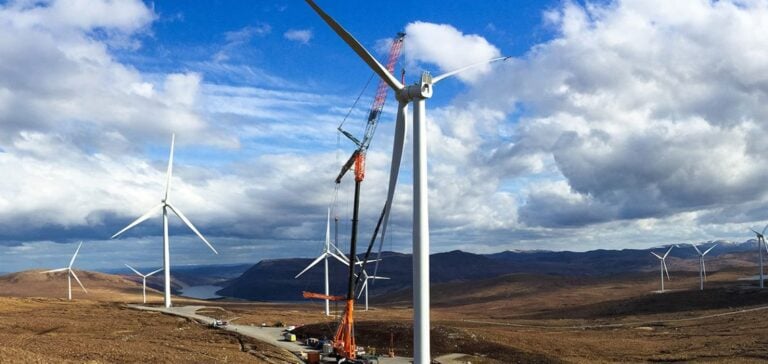Between 1997 and 2021, Europe registered more than 750,000 inventions in the field of clean technologies, i.e. almost 12% of all inventions in the 39 EPO (European Patent Office) countries. These innovations cover diverse sectors such as decarbonation, air and water pollution control, and adaptation to global warming. Between 2017 and 2021, EPO countries generated 27% of the world’s high-value inventions in this field.
International competition
China is a growing competitor, accounting for 15% of the world’s inventions, and is showing strong growth, particularly in 2021, with 12,000 patents filed compared with 14,000 for Europe. The United States and Japan also follow in this innovation dynamic.
Post-Paris Agreement acceleration
Since the Paris climate agreement in 2015, there has been a noticeable acceleration, with a new wave of emerging technologies such as hydrogen and batteries, according to Yann Ménière, chief economist at EPO. This reflects a growing awareness among industries, particularly the automotive sector, of the need to innovate. However, while Europe benefits from the influence of large industrial groups and an advanced regulatory framework, the report highlights significant challenges for start-ups and small businesses, who struggle to access the funding they need to develop their technologies.
Future initiatives and prospects
The creation of a uniform patent last June for 17 EU member states is a major step forward. The key challenge remains to effectively connect investors with high-tech start-ups, to overcome financing barriers and foster the emergence of new, leading cleantech companies.
Europe, a leader in clean technology innovation, faces the challenge of supporting its innovators in the face of growing international competition and persistent financial challenges. Ongoing efforts to improve access to financing and harmonize regulations will be crucial to maintaining its leadership position.






















